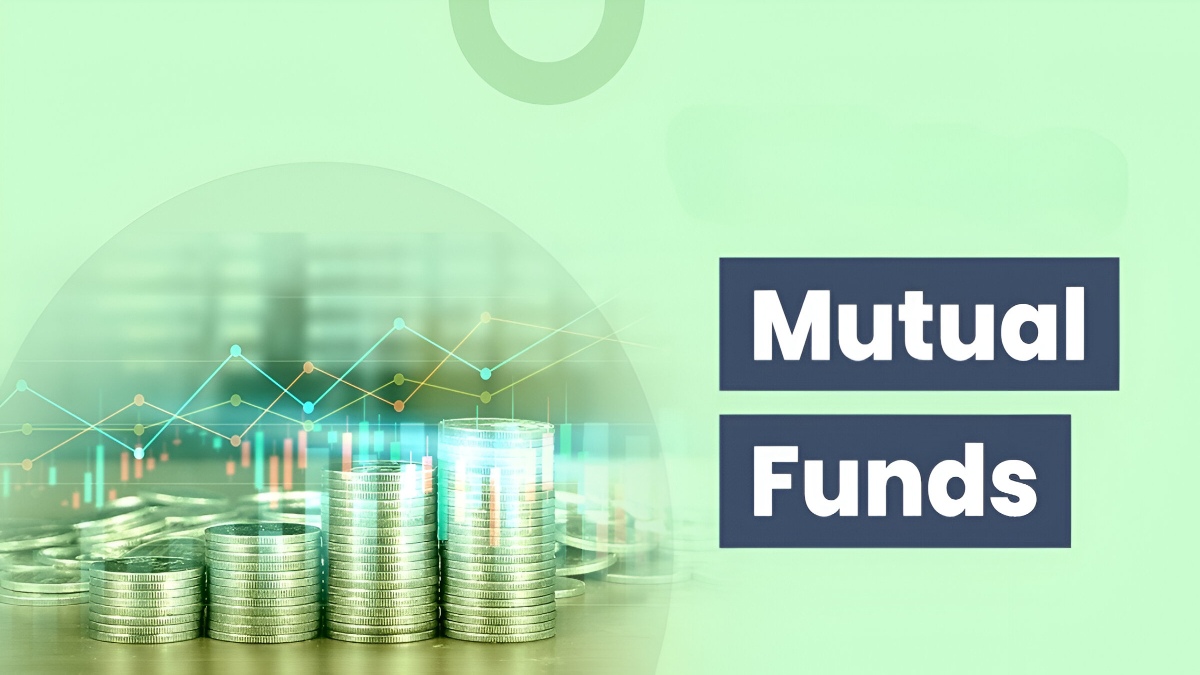A Rise In Interest Rates Can Hit The Stock Markets; Here's Why
When a central bank like the Reserve Bank of India (RBI) hikes the interest rate or repo rates, it makes borrowing costlier.
Repo rates are rates at which the RBI lends money to the banks in the country. Any hike in these rates, tends to increase borrowing costs for banks.

Impact of rising interest rate on stocks
The repo rate lever of the RBI, helps in controlling inflation, even while facilitating growth.
Actually, by increasing this rate, the RBI attempts in shrinking the money supply available for purchasing or doing other things, by making money expensive and harder to obtain.
Conversely, when it cuts the repo rate, it increases the supply of money and, makes it cheaper for borrowing, therefore encouraging more spending. This may tend to push inflation higher.
After effects of rising interest rates
When the RBI increases the repo rate, it does not affect stock markets directly . The only true direct impact is that it becomes much more costlier for the banks to borrow money from it.
But, like it has been noted above, an increase in the rate have a bearing on corporates, whose interest costs go higher and profit lower. This tends to pull down stock prices.
However, businesses are impacted in much more direct ways, as they also borrow money from banks for running and expanding their operations.
When these banks make the money borrowing much more expensive, these companies as a result might not be able to borrow as much as they would want to and will also pay much higher interest rates for their loans. Less spending in business can slow the company growth and thus it might result in curtailing the new ventures or the expansion plans or even to induce the cutbacks. There might be decreases in the earnings also, which, for the public companies, usually results in the stock prices taking a hit.
Stock Market and interest rates
So now we know how such ripples can impact the stock market adversely. If a company becomes less profitable or tries to cut back on the growth of its business, either through less revenue or higher debt expenses-the future cash flows' general estimated amount will drop rapidly. Everything else being equal, as a result this will actually lower the prices of the company's stock rapidly, thus the stocks taking a bad hit.
Interest Rates and the Bond Market
When interest rates rise, bond yields fall and banking stocks get impacted. This is because, they have to book mark to market losses on sovereign bonds held by them.
Interest rates can also affect the bond prices as well as the returns on T-bonds, CDs and T-bills.
There is a sort of inverse relationship between the interest rates and the bond prices, which means that as the interest rates rise, the bond prices fall as a result, and vice versa. And about the bond, the longer it's maturity, the more it is going to fluctuate in its relation to the interest rates.
Conclusion
In spite of the relationship between the stock market and the interest rates being fairly indirect, the two actually tend to move in quite the opposite directions. So when a central bank cut interest rates, it will cause a rise in the stock market while when they raise the interest rates, it will cause a fall in the stock market.
However, there is obviously no guarantee that the market will always react to any of the changes in the given interest rates that the RBI chooses to make.
































